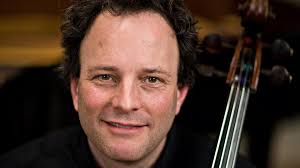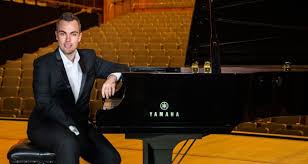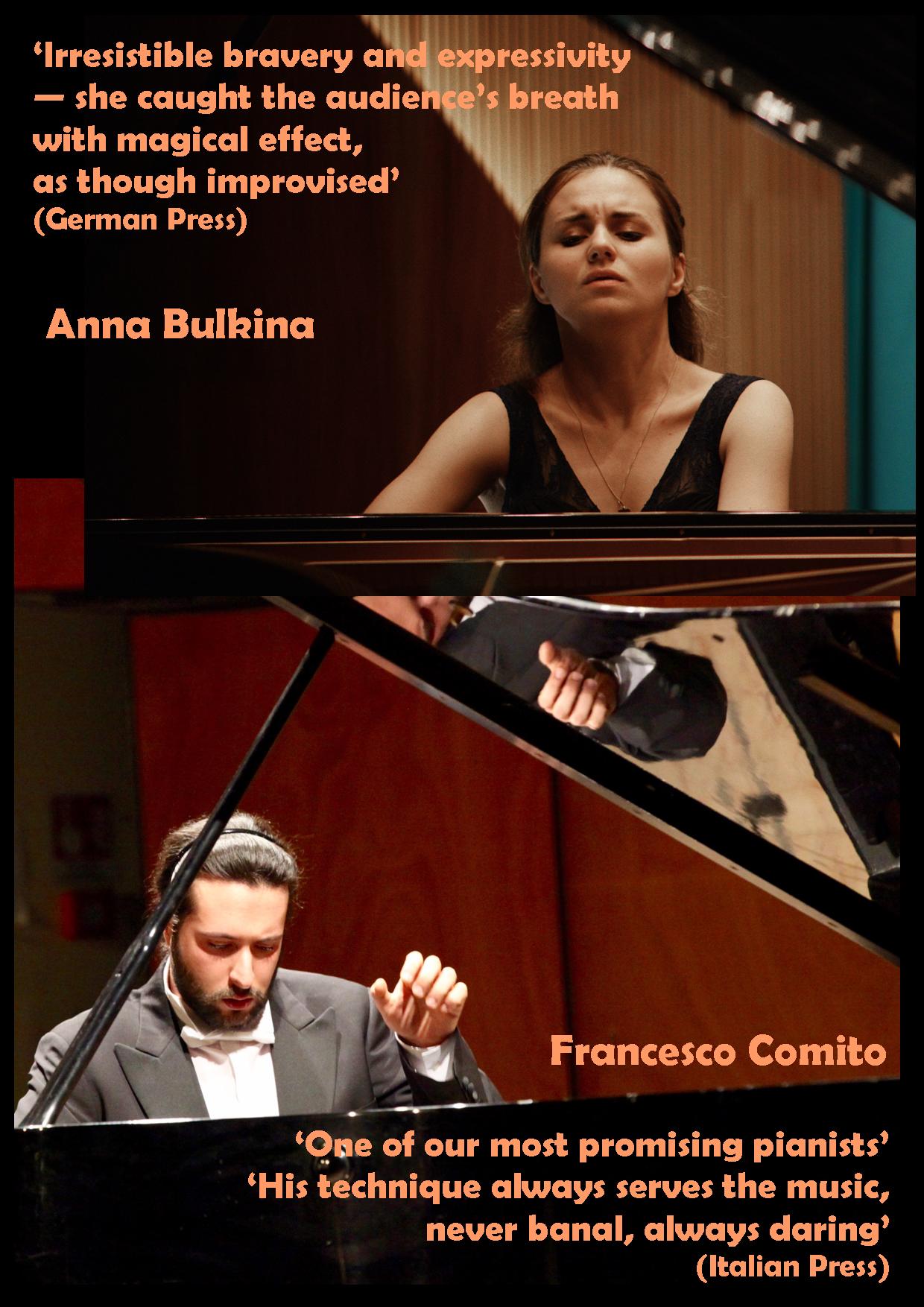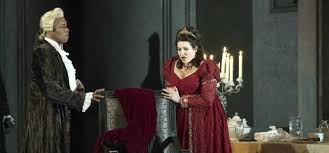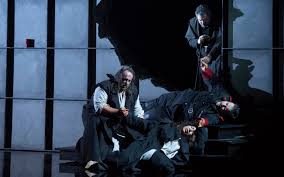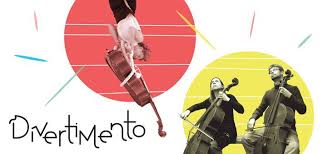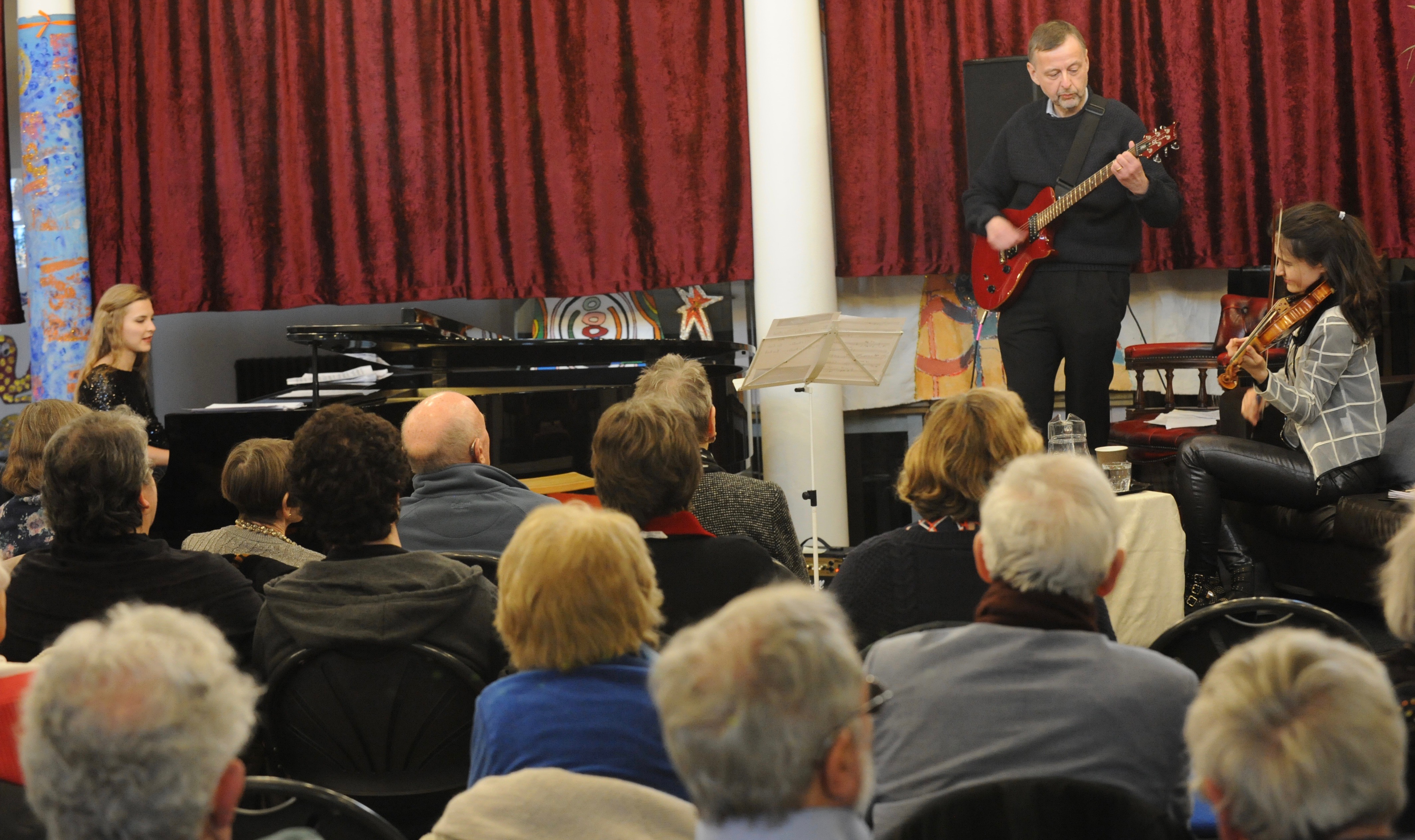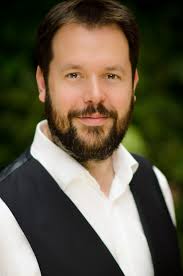NEW OPERA BASED ON AWARD-WINNING BOLAÑO NOVEL
PREMIERES AT GARSINGTON OPERA THIS SUMMER
On 5 July 2018 Garsington Opera stages its first festival world premiere. Based on award-winning novel The Skating Rink by Chilean author Roberto Bolaño, the opera tells a thrilling tale of jealousy, political corruption and passion.
Set in a seaside town on the Costa Brava, the production will feature live figure-skating and an exceptional cast. The story of The Skating Rink is told by three narrators, revolving around Nuria, a beautiful young figure-skating champion. When she is dropped from the Olympic team, Enric, a besotted civil servant, pilfers public funds and builds her a secret practice rink in a deserted mansion. Nuria has affairs and the plot soon spins into blackmail, bad faith and treachery; the skating rink becomes a crime scene.
Leading British composer David Sawer, whose previous operatic work includes From Morning to Midnight (ENO 2001), has composed a score which is full of character, drama and beauty, drawing on Spanish and Latin American styles, set to a libretto by award-winning playwright Rory Mullarkey. David Sawer said: “Immediately what grabbed me about the book was its structure. The fact that it is a story told from multiple viewpoints; that there isn’t just one linear narrative, that there are interlocking stories and that the events are told from different perspectives…that was very interesting for me, musically. There are lots of different themes in the narrative. What I think I’ve written is almost like a filmstrip, which will come to life when it is staged.”
Performances: 5, 8, 10, 14, 16 July 2018 (Start time 6.50pm)
Tickets: 01865 361636 or www.garsingtonopera.org
CAST AND CREATIVE TEAM

